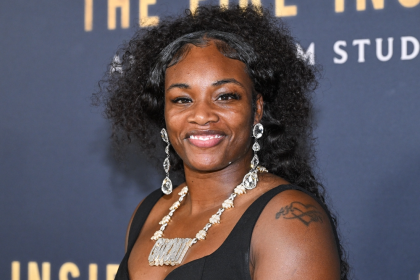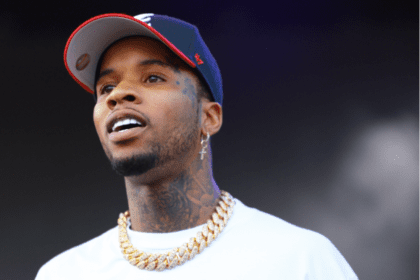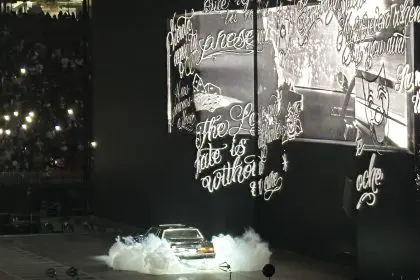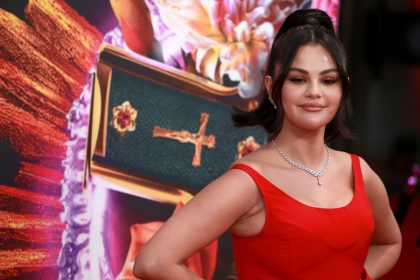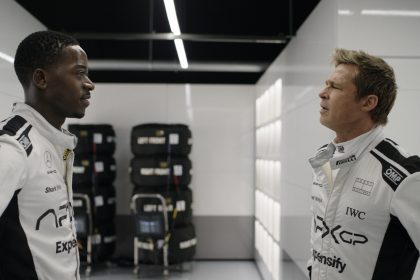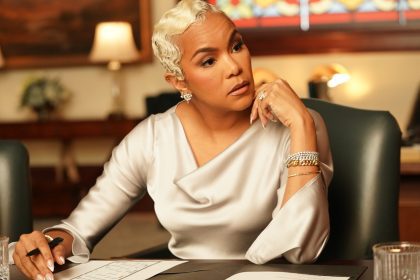 DJ Scream witnessed the evolution of the deejay first hand. Spinning records since the age of 13, DJ Scream was honing his skills during the years when rappers became the most popular voices in hip-hop. But in the early 2000s, mixtapes hosted by deejays became an essential part of a rapper’s success. DJ Scream discusses the future of the mixtape in hip-hop. –a.r.
DJ Scream witnessed the evolution of the deejay first hand. Spinning records since the age of 13, DJ Scream was honing his skills during the years when rappers became the most popular voices in hip-hop. But in the early 2000s, mixtapes hosted by deejays became an essential part of a rapper’s success. DJ Scream discusses the future of the mixtape in hip-hop. –a.r.
Why did the hip-hop deejay lose prestige in the ’90s?
In the ’80s, artists had to have a deejay. Guru had DJ Premiere, and Eric B. was with Rakim. But technology found ways to replace deejays in the early ’90s. But guys such as DJ Clue, DJ Jelly and DJ Whoo were able to break [new] artists [in] and that kind of put the focus back on deejays.
What was the moment when deejays regained popularity in hip-hop?
Young Jeezy and DJ Drama’s Trap or Die changed the mixtape game. Artists began reaching out to deejays for mixtapes. It was a big turning point in hip-hop. Trap or Die was the biggest mixtape of the decade. Jay-Z was at the mixtape release party at Club Visions, and it was marketed as if it was an album.
How have rappers benefited from mixtapes?
In the ’90s, Suave House and Rap-A-Lot didn’t care about major labels. They were selling records independently and doing shows in the southern region. New York rappers looked for record deals because the major record labels were already there. But if you look at the young artists now, they are taking their time signing record deals because they can release mixtapes and build their buzz.
Why is it important for those who enjoy hip-hop to learn deejay techniques?
Everyone wants to get into music now. I never wanted to rap when was I growing up. We need more than rappers in hip-hop. There are a lot of ways to be involved in hip-hop without becoming a rapper.
Follow DJ Scream on Twitter @DJSCREAM



